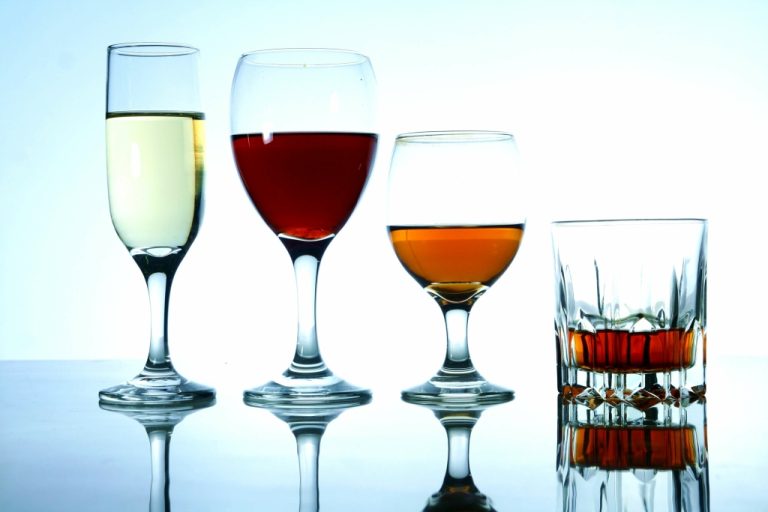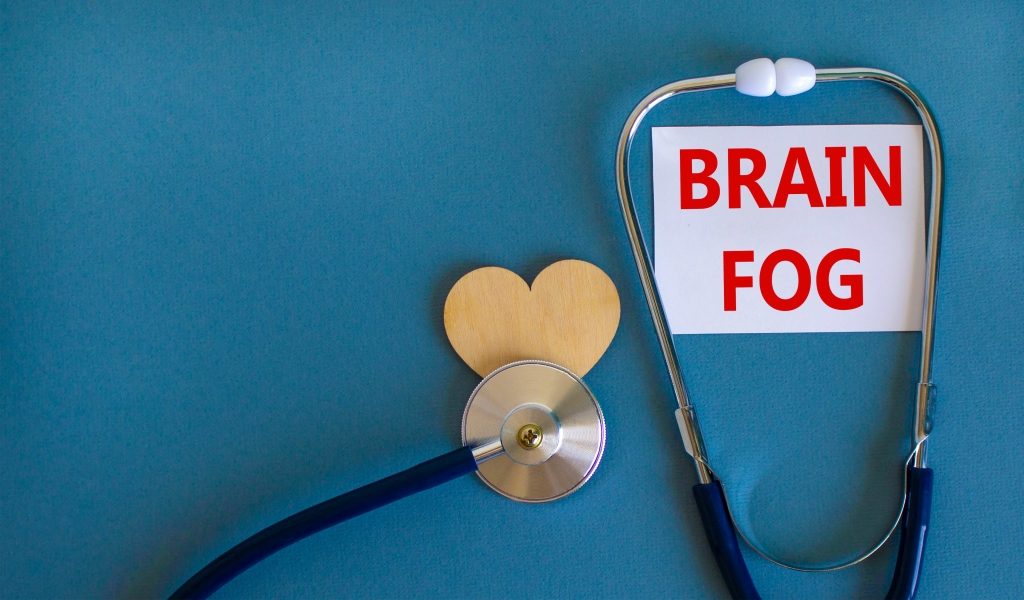Alcohol Taper Schedule: Safe and Effective Methods
It’s crucial to consult with a doctor before starting an alcohol taper. Because alcohol is a http://www.ab-group.ru/katalog-tekhniki/personalnye-kompyutery/65591.html central nervous system depressant, quitting drinking can cause your body to have too much of an excitatory substance called glutamate as it tries to rebalance. This can trigger alcohol withdrawal symptoms, which can be dangerous in some cases. Quitting cold turkey is the preferred method of withdrawal, but only if done under medical supervision, where symptoms can be treated as they occur. People who have alcohol use disorder that goes undiagnosed may have an especially difficult time cutting back on their alcohol consumption.

Alcoholic Life Expectancy: Using Calculators and Examining Overall Impact of Alcohol Abuse

This approach not only ensures safety but also promotes a more successful outcome. The Recovery Village Ridgefield medical detox center in Vancouver, WA, is a fully staffed rehab facility designed to help you wean off alcohol in comfort. We offer 16 detox beds and around-the-clock medical care provided by a multidisciplinary team of addiction experts.

How To Make an Alcohol Tapering Schedule
Tapering is the practice of slowly reducing the regular consumption of a substance like alcohol. Tapering can sometimes help a person avoid uncomfortable and sometimes deadly symptoms of withdrawal. Although it is possible to taper your alcohol use alone, professionals highly advise that you seek medical attention. Detoxing from alcohol can be dangerous if you don’t do it properly. In addition, social pressures can make it hard to quit drinking, especially if your friends or family also drink heavily. Quitting drinking can feel very isolating, making it even more difficult to do alone at home without medical support.

Discovering Accredited Heroin Rehab Centers
Once alcohol is stopped, your brain continues to be hyperactive until it readjusts to the absence of alcohol. This process is often referred to as detox and often causes withdrawal symptoms. Over the long term, many health benefits occur throughout your body. Your risk of certain diseases decreases, you will begin sleeping better, and your overall health can significantly benefit.
- However, some groups have stepped in to try to bridge this gap and have published sample tapering schedules to help those trying to stop drinking.
- When it comes to reducing alcohol intake, implementing effective strategies can play a crucial role in the journey towards sobriety.
- Seeking help as early as possible during the withdrawal process is the best way to stay safe as you cleanse your body of alcohol.
Tips for Educating Kids About Drugs
- Quitting cold turkey can also heighten psychological distress, such as suicidal thoughts, making it unsafe without medical supervision.
- Once you know it is medically safe to stop drinking, you should loop in a therapist or addiction specialist.
- This can equate to as much as a full bottle of beer or less than two tablespoons of whisky.
- You may be able to detox at home and still attend outpatient therapy or support group meetings.
- Alcohol dependence can lead to fatal outcomes, with rising death rates linked to excessive alcohol use, as reported by Psychology Today.
- BetterHelp can connect you to an addiction and mental health counselor.
A taper might be helpful for those who find they cannot stop drinking without experiencing negative symptoms. However, tapering can be dangerous if you have severe AUD, leading to http://pharmacologylib.ru/books/item/f00/s00/z0000003/st010.shtml uncomfortable withdrawal symptoms. If you start noticing these symptoms, contact a medical professional immediately. Cutting back or completely stopping alcohol consumption is challenging, even if you are not at the point of addiction. The support of medical professionals and psychologists can help you in this process.
- Withdrawal usually begins 6 to 8 hours after the last drink and peaks within 72 hours.
- In many cases, medically-supervised alcohol detox is the only safe way to stop drinking, especially if you’re suffering from AUD.
- Establishing new habits and routines, and dealing with the underlying causes of your drinking habits, are essential to lasting recovery.
- If you’re used to drinking less than 20 beers per day, HAMS recommends reducing your alcohol consumption by two beers per day until you achieve sobriety.
Why Quitting Cold Turkey Isn’t Recommended
- If you taper off alcohol slowly or with medical supervision, the brain has time to adapt without causing severe side effects.
- When combined with counseling, this approach is proven highly effective.
- Tapering off alcohol helps some people start their recovery journeys.
- Discover the effects of drug & alcohol use during pregnancy and their risks for mothers and infants alike.
- People looking to quit drinking may consider either tapering or going cold turkey, meaning they abruptly stop all alcohol consumption without weaning.
If you’re addicted to alcohol, it’s unlikely that you’ll be able to recover without some form of addiction treatment. You may be able to detox at home and recover from alcoholism with the help of support groups such as Alcoholics Anonymous. However, medically supervised detox and professional rehab are more likely to help you maintain long-term sobriety. Ria Health offers access to many of these tools, including prescription medications, recovery coaching, and online support groups—all through a HIPAA-compliant smartphone app. We support both moderation and abstinence as goals and, although we cannot provide medical detox remotely, we can help you design an effective tapering schedule to reduce your drinking. That said, tapering off alcohol doesn’t completely eliminate withdrawal symptoms.
Can You Stop Drinking Alcohol Cold Turkey?
If you’re struggling to stick to a taper or do not trust yourself to moderate your alcohol use, having strict supervision and support https://ladaonline.ru/news/3194/h?PAGEN_1=907 can help you meet your recovery goals. To avoid severe alcohol withdrawal symptoms, you should slowly reduce alcohol consumption. Cautious tapering may take longer than medically supervised detox, but it will help you avoid major health problems. When done under medical supervision, tapering off alcohol has few downsides. However, tapering can sometimes be unsafe if you attempt to do so on your own without a doctor’s knowledge.
